Industry
Nonprofit, Community & Economic Development
Our Role
- Regional Workforce Demand & Skills Gap Assessment
- Benchmarking of National Historic Trades Programs
- Curriculum Design & Credential Pathway Mapping
- Partnership Identification for Recruitment & Instruction
- Program Implementation & Sustainability Strategy
Situation
Rivers of Steel Heritage Corporation (RoS) manages culturally and historically significant industrial sites throughout the Mon Valley and Western Pennsylvania. These sites require specialized maintenance skills—blacksmithing, masonry restoration, structural welding—that are increasingly scarce. RoS identified an urgent need to preserve this industrial heritage and train a local workforce in historic trades. The vision: launch a Historic Preservation Workforce Training (HPWT) Program centered at the Carrie Blast Furnaces National Historic Landmark to close the skills gap and boost equitable access to high-quality, place-based jobs
Solution
The Hill Group supported Rivers of Steel in designing a comprehensive program concept rooted in workforce development and cultural preservation:
- Conducted a needs assessment to quantify local and regional demand for preservation trades
- Benchmarked successful historic trades programs nationwide for design inspiration
- Designed a curriculum framework tied to credentialing and practical training outcomes
- Identified a network of over a dozen potential implementation and recruitment partners
- Prioritized strategies to engage historically underrepresented individuals in trades careers
- Delivered a launch roadmap, including operations, staffing, and sustainability planning
Results
- Defined market demand and skill gaps across the region’s historic trades sector
- Positioned the Carrie Blast Furnaces as a future training and innovation hub
- Developed a realistic, inclusive implementation plan grounded in feasibility and equity
- Created a foundation for program launch, fundraising, and strategic partnerships
- Supported a broader vision for heritage-based economic revitalization in the Mon Valley